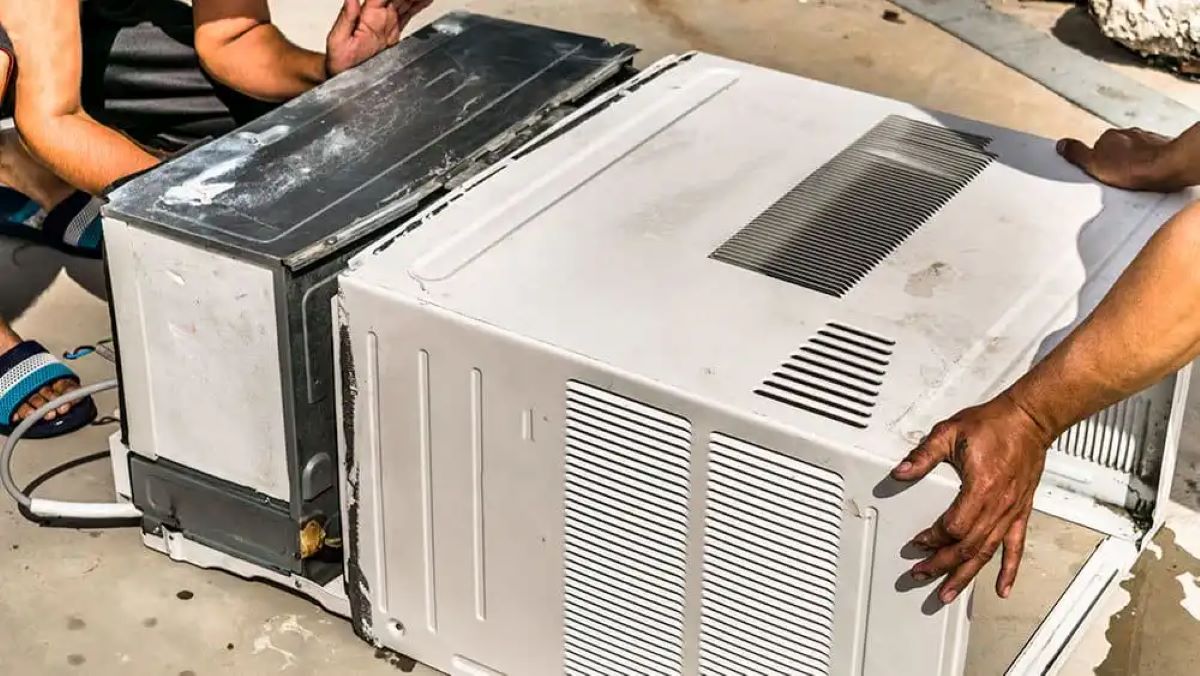

Articles
How To Store A Window Air Conditioner
Modified: August 23, 2024
Learn the best techniques and tips for storing a window air conditioner in our informative articles. Keep your AC unit safe and ready for the next summer season.
(Many of the links in this article redirect to a specific reviewed product. Your purchase of these products through affiliate links helps to generate commission for Storables.com, at no extra cost. Learn more)
Introduction
Welcome to our guide on how to store a window air conditioner. As the summer months wind down and cooler weather approaches, it is important to properly store your window air conditioner to ensure its longevity and optimal performance. By following a few simple steps, you can protect your investment and be ready to use it again when the next summer season arrives. In this article, we will walk you through the process of gathering materials, preparing the air conditioner, cleaning and maintenance, removing and storing the unit, and share some useful tips and precautions to keep in mind.
Before we begin, it is essential to emphasize the importance of safety during the entire process. Make sure to comply with all safety guidelines provided by the manufacturer and take necessary precautions to avoid any physical harm or damage to the unit.
Now let’s get started on how to properly store your window air conditioner!
Key Takeaways:
- Properly storing your window air conditioner is essential for its longevity and optimal performance. Follow the steps outlined in this guide to protect your investment and be ready for the next summer season.
- Prioritize safety, regular maintenance, and following manufacturer’s instructions to ensure your window air conditioner remains in excellent condition. With proper care, you can enjoy cool and refreshing air for years to come.
Read more: What Is A Window Air Conditioner
Gathering Materials
Before you begin the process of storing your window air conditioner, it is important to gather all the necessary materials. Having everything you need on hand will make the process smoother and more efficient. Here’s a list of items you will need:
- Protective Cover: It is crucial to invest in a suitable protective cover for your window air conditioner. This cover will shield the unit from dust, dirt, and moisture during storage. Make sure the cover is specifically designed for window air conditioners and fits your unit properly.
- Cleaning Supplies: Gather a variety of cleaning supplies such as mild detergent, water, a soft cloth or sponge, and a vacuum cleaner with a brush attachment. These will be used to clean the unit before storage.
- Tools: Depending on your window air conditioner model, you may need tools such as a screwdriver, pliers, or a wrench to remove the unit from the window.
- Storage Area: Find a suitable area to store your air conditioner during the off-season. This could be a basement, garage, or any other cool and dry spot where the unit will be protected from extreme temperatures and moisture.
- Marker or Label: It’s a good idea to have a marker or label to identify the stored air conditioner. This will help you locate it easily when you need it again.
By gathering these materials in advance, you will be well-prepared to tackle the task of storing your window air conditioner. With everything in place, you can proceed to the next steps with ease and efficiency.
Preparing the Air Conditioner
Before storing your window air conditioner, it’s important to properly prepare it to ensure its longevity and prevent any damage during the off-season. Follow these steps to prepare your air conditioner:
- Disconnect the Power: Start by disconnecting the power supply to the air conditioner. This can be done by unplugging it from the electrical outlet or turning off the circuit breaker that supplies power to the unit.
- Remove the Filter: Most window air conditioners have a removable filter. Take out the filter and clean it thoroughly. If the filter is reusable, wash it with mild detergent and water, then let it dry completely before reinstalling it. If it is a disposable filter, replace it with a new one.
- Clean the Exterior: Use a soft cloth or sponge dipped in a mixture of mild detergent and water to clean the exterior surface of the air conditioner. Wipe away any dirt, dust, or debris that may have accumulated. Pay attention to the vents and louvers, ensuring they are free from any obstructions.
- Clean the Interior: Carefully remove the front cover of the air conditioner to access the interior components. Use a vacuum cleaner with a brush attachment to remove any dust or debris from the coils, fan blades, and other internal parts. Be gentle while cleaning to avoid damaging any sensitive components.
- Inspect for Damage: While cleaning the air conditioner, take the opportunity to inspect it for any signs of damage, such as frayed wires, loose screws, or bent fins. If you notice any issues, consider getting them repaired before storing the unit.
- Allow for Drying: After cleaning, make sure all parts of the air conditioner are completely dry before proceeding to the next steps. Moisture can lead to mold or corrosion during storage, so it’s crucial to ensure everything is thoroughly dry.
By taking the time to properly prepare your window air conditioner, you can ensure that it is in good condition for storage and ready to perform optimally when you need it next. Once you have completed these steps, you’re ready to move on to the next phase of the storage process.
Cleaning and Maintenance
Regular cleaning and maintenance are essential to keep your window air conditioner in good condition. In addition to preparing the unit for storage, it’s important to perform routine cleaning and maintenance tasks throughout the summer season. Here are some key steps to follow:
- Clean the Filter: The air conditioner filter traps dust, dirt, and other particles, which can restrict airflow and reduce cooling efficiency. Clean or replace the filter every one to two months, or as recommended by the manufacturer. A clogged or dirty filter not only affects performance but can also contribute to poor indoor air quality.
- Check for Debris: Regularly inspect the exterior of the air conditioner for any debris, such as leaves or twigs, that may have accumulated around the unit. Clear away any obstructions that can obstruct airflow or cause damage to the unit.
- Keep the Coils Clean: Over time, the coils on the air conditioner can accumulate dirt and grime, affecting its efficiency. Use a soft brush or a vacuum cleaner with a brush attachment to gently clean the coils. Be cautious not to bend or damage the delicate fins during cleaning.
- Inspect the Drainage System: Check the drainage system of the air conditioner to ensure proper functioning. Clear any clogs or blockages in the drain channels and make sure the condensate water can flow freely. A blocked drainage system can lead to water leakage and potential damage to the unit.
- Check the Seals: Inspect the seals around the air conditioner to make sure they are intact and not damaged. Damaged seals can let warm air in and cool air out, reducing the unit’s efficiency. If you notice any gaps or cracks, consider replacing the seals to maintain optimum performance.
- Monitor for Unusual Noises: Pay attention to any unusual noises coming from the air conditioner, such as rattling, squeaking, or grinding sounds. These noises can be indicative of underlying issues that need to be addressed. If you notice any abnormal sounds, it is best to consult a professional to diagnose and fix the problem.
By regularly cleaning and maintaining your window air conditioner, you can ensure its efficient operation, extend its lifespan, and enjoy cool and refreshing air throughout the summer season. Implementing these maintenance practices will help you avoid costly repairs and keep your air conditioner running smoothly.
When storing a window air conditioner, make sure to clean the unit thoroughly, remove any excess water, and cover it with a waterproof cover to protect it from dust and moisture. Store it in a dry, cool place to prevent damage.
Removing and Storing the Air Conditioner
When the summer season comes to an end, it’s time to remove and store your window air conditioner properly. Follow these steps to ensure a smooth and safe removal and storage process:
- Disconnect the Power: Before removing the air conditioner, disconnect the power supply by unplugging it from the electrical outlet or turning off the circuit breaker. This step is crucial to prevent any electrical accidents during the removal process.
- Remove the Unit from the Window: Carefully remove the air conditioner from the window following the manufacturer’s instructions. This may involve releasing the locking mechanisms or unscrewing any brackets or supports holding the unit in place. It is important to have a helper or use proper lifting techniques to prevent any injuries or damage.
- Clean the Unit: Once the air conditioner is removed, clean it one final time using the cleaning supplies mentioned earlier. Pay attention to both the interior and exterior surfaces to remove any dirt, dust, or debris that may have accumulated during the summer months.
- Allow for Drying: After cleaning, make sure the air conditioner is completely dry before proceeding with the storage process. Moisture can lead to mold or corrosion, so it is important to ensure all parts are thoroughly dry.
- Wrap the Unit: Use the protective cover you gathered earlier to wrap the air conditioner securely. Make sure the cover fits tightly and covers the entire unit to protect it from dust, dirt, and moisture. Consider using additional padding or bubble wrap for added protection, especially if storing the unit in an area prone to temperature fluctuations.
- Label and Store: Finally, label the wrapped air conditioner with a marker or label indicating its contents. This will help you identify it easily when you need it again. Find an appropriate storage area, such as a basement, garage, or a climate-controlled storage unit, where the air conditioner will be protected from extreme temperatures, humidity, and other potential hazards.
By taking the time to remove and store your window air conditioner properly, you can ensure its longevity and optimal performance for years to come. Following these steps will help protect the unit from damage and make it easier to retrieve and reinstall when the next summer season arrives.
Read more: How To Insulate A Window Air Conditioner
Tips and Precautions
When it comes to storing your window air conditioner, there are a few additional tips and precautions to keep in mind. These will help ensure the safety of the unit and make the process more efficient. Here are some useful tips:
- Properly Insulate the Window Opening: After removing the air conditioner, make sure to seal and insulate the window opening to prevent drafts and heat loss during the colder months.
- Store in an Upright Position: It’s important to store the air conditioner in an upright position to prevent any oil leaks or damage to the compressor. Placing it on its side or upside down can cause irreversible damage to the unit.
- Check for Pests: Before storing the air conditioner, inspect it for any signs of pests, such as insects or rodents. If you notice any presence of pests, take appropriate measures to get rid of them before storing the unit to avoid attracting them or causing damage.
- Keep the Unit Elevated: When storing the air conditioner, place it on a raised platform or pallet to keep it off the ground. This will help protect it from potential water damage or exposure to moisture.
- Regularly Check on the Unit: While in storage, it’s a good idea to periodically check on the air conditioner to ensure there are no issues or signs of damage. This will allow you to address any problems early and prevent further damage.
- Follow Manufacturer’s Instructions: Always refer to the manufacturer’s instructions for specific guidelines on storage and maintenance. Each air conditioner model may have unique requirements, so it is essential to follow the instructions provided.
- Consider Professional Help: If you are unsure about any step in the process or lack the necessary tools or skills, it’s best to seek professional assistance. HVAC technicians or appliance repair experts can offer guidance and make sure the air conditioner is properly stored.
By following these tips and taking necessary precautions, you can ensure a smooth and successful storage process for your window air conditioner. The extra care and attention will go a long way in preserving the unit’s lifespan and maintaining its efficiency.
Conclusion
Properly storing your window air conditioner is a crucial step in ensuring its longevity and optimal performance. By following the steps outlined in this guide, you can protect your investment and be prepared for the next summer season. Remember to gather all the necessary materials, prepare the air conditioner, clean and maintain it regularly, remove it safely from the window, and store it in a suitable location.
Throughout the process, it’s important to prioritize safety and follow the manufacturer’s instructions. Keep in mind the tips and precautions mentioned to avoid any damage or accidents. Regular maintenance and cleaning will help keep your air conditioner in excellent condition, and periodically checking on it during storage will allow you to address any potential issues promptly.
By taking these steps and caring for your window air conditioner, you can extend its lifespan, maintain its efficiency, and enjoy cool and refreshing air for years to come. When the next summer arrives, you will be ready to reinstall the unit with ease and have peace of mind knowing that you have taken the necessary steps to protect your air conditioner during the off-season.
Remember, if you have any doubts or lack the necessary skills or tools, it is always best to seek professional assistance to ensure proper storage and maintenance. With a little effort and attention, you can ensure your window air conditioner serves you well for many summers to come.
Frequently Asked Questions about How To Store A Window Air Conditioner
Was this page helpful?
At Storables.com, we guarantee accurate and reliable information. Our content, validated by Expert Board Contributors, is crafted following stringent Editorial Policies. We're committed to providing you with well-researched, expert-backed insights for all your informational needs.
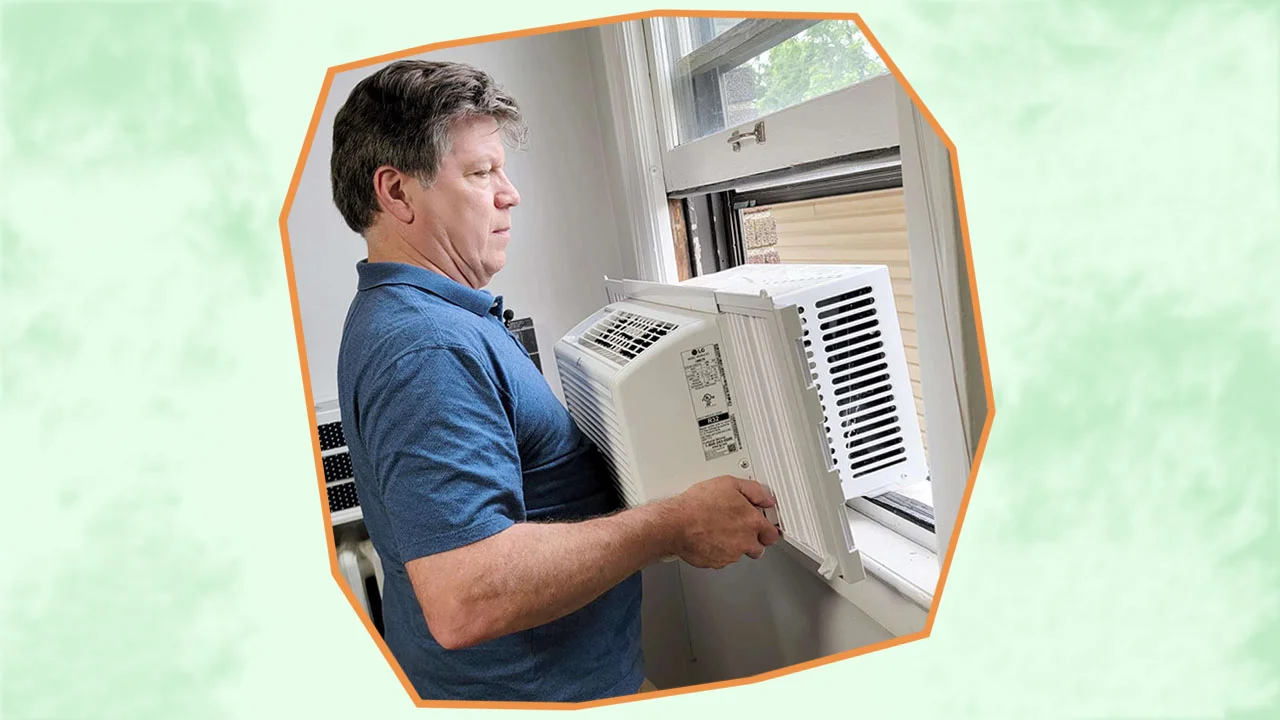

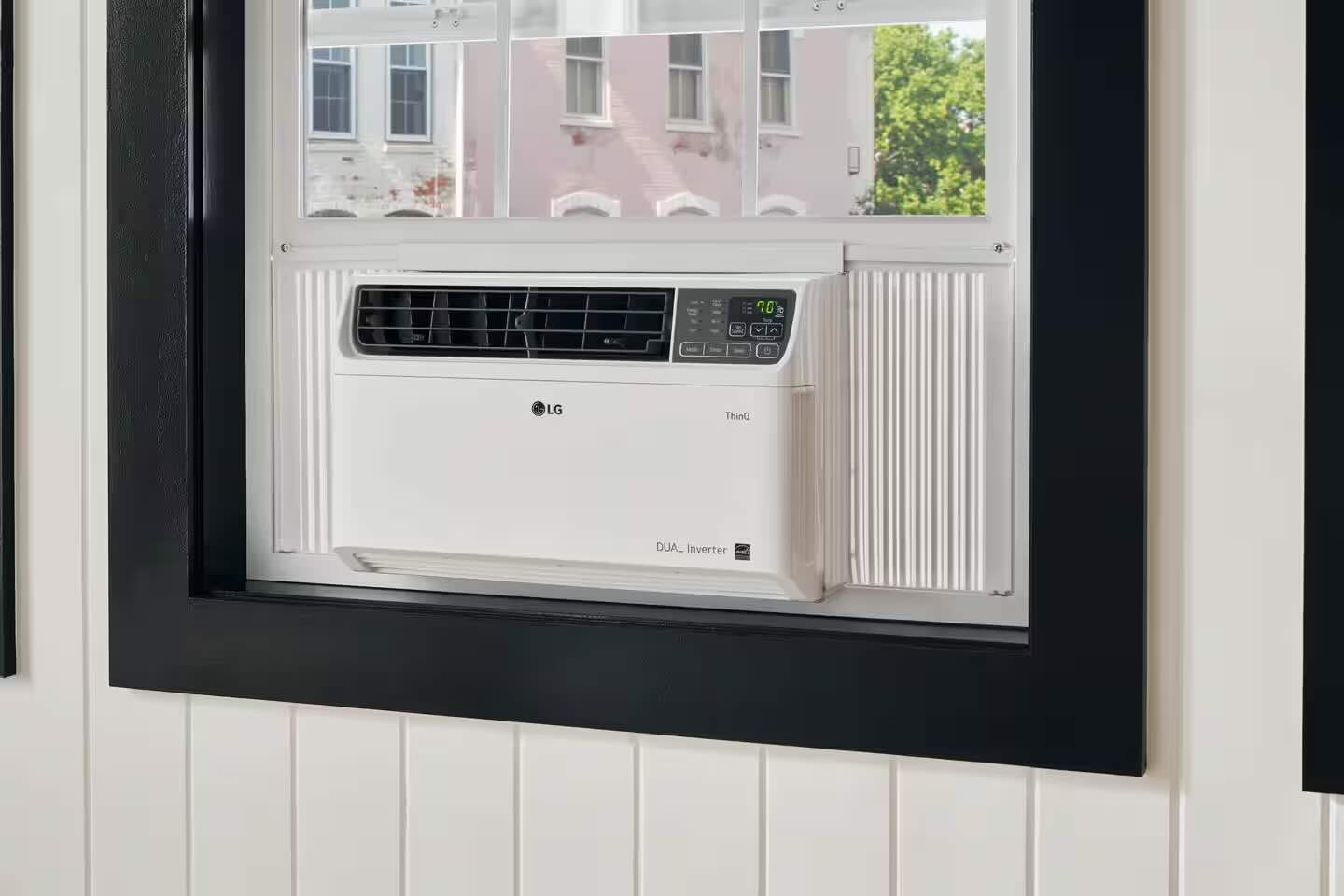
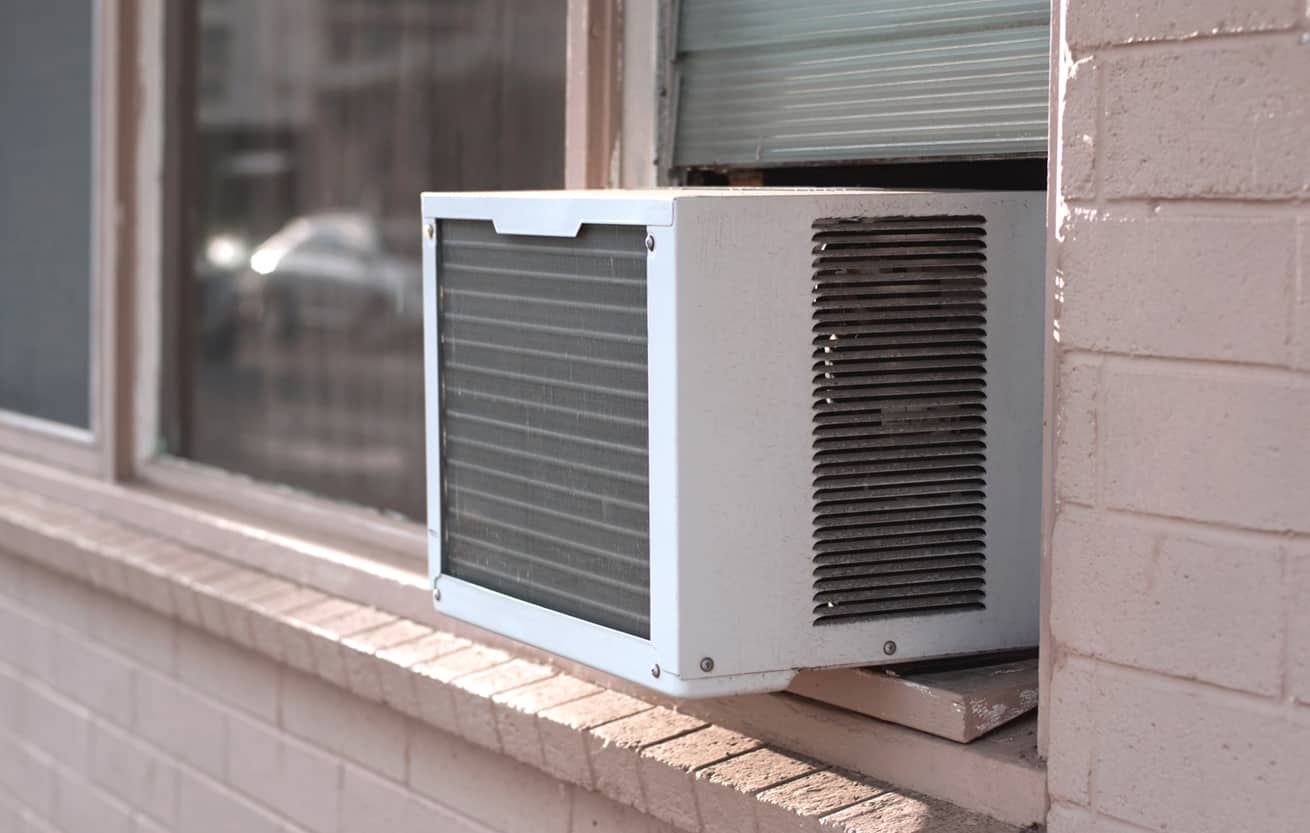
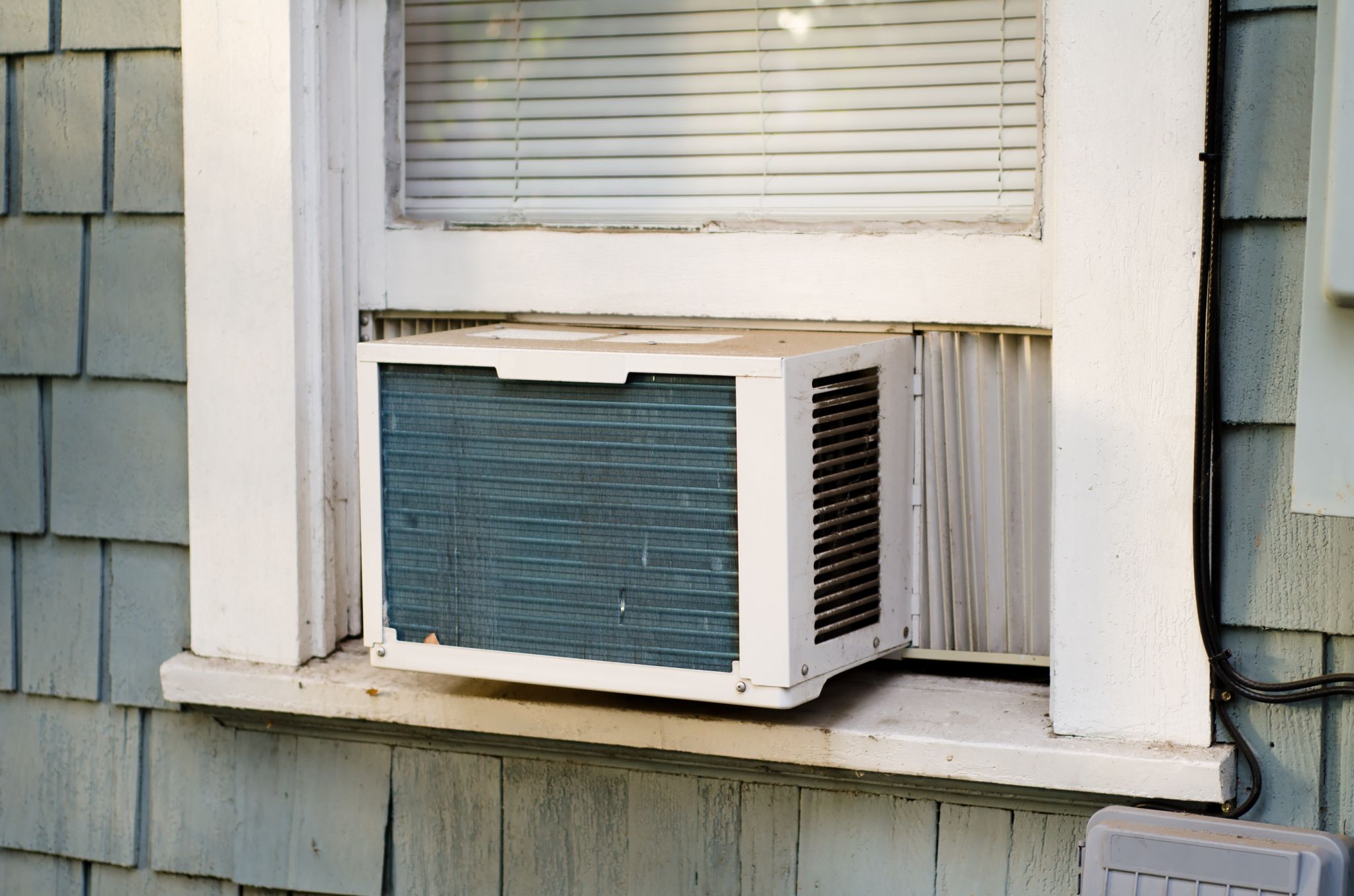
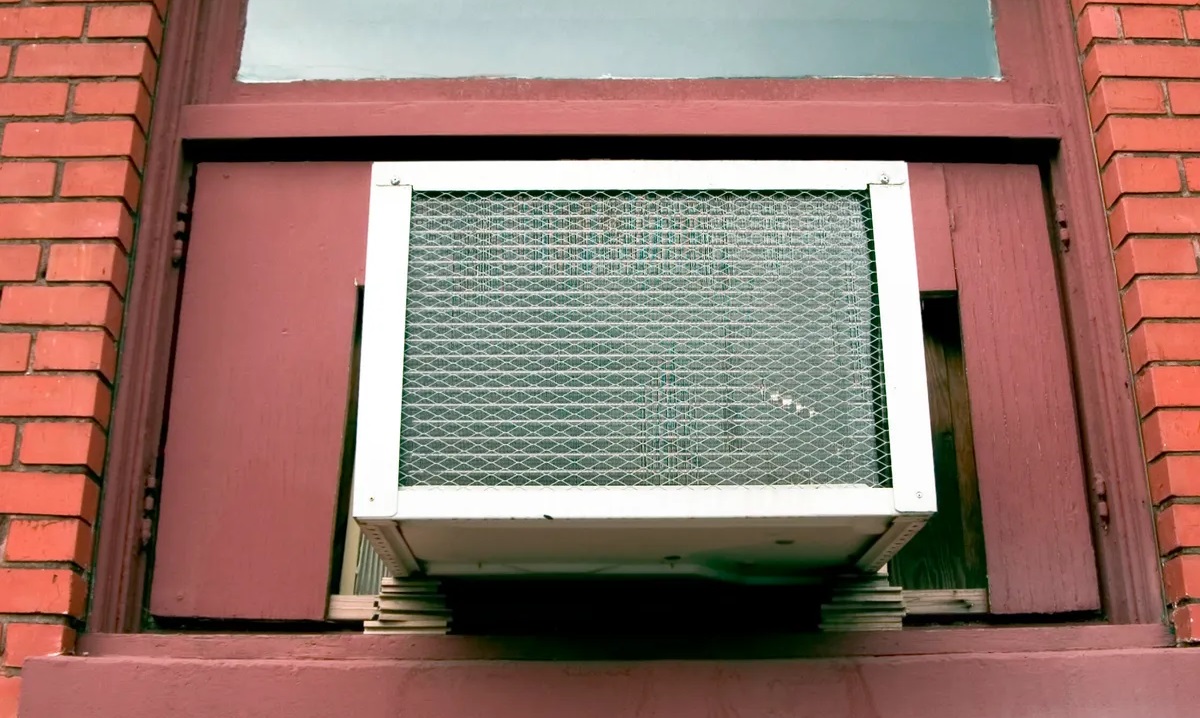
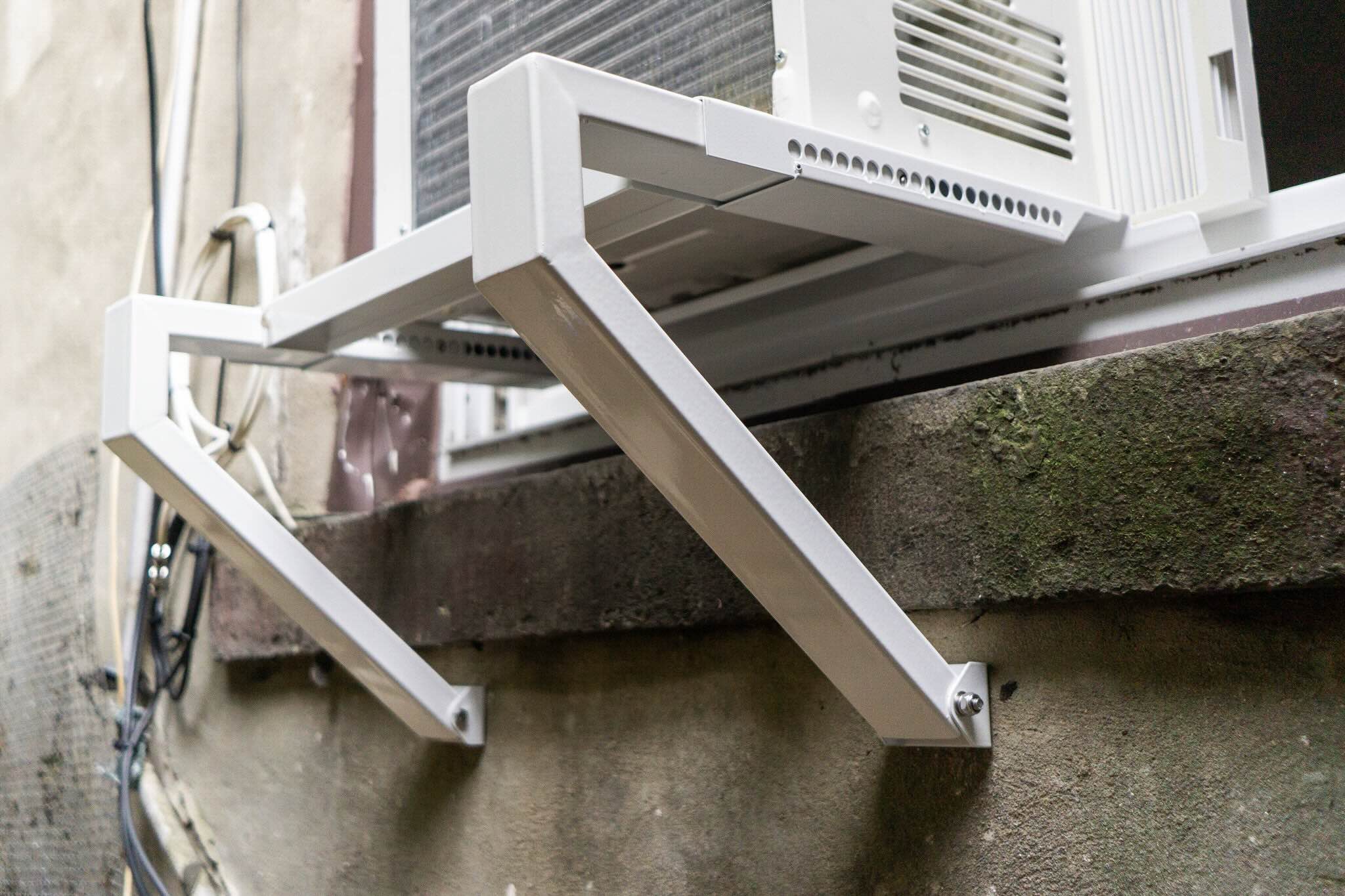
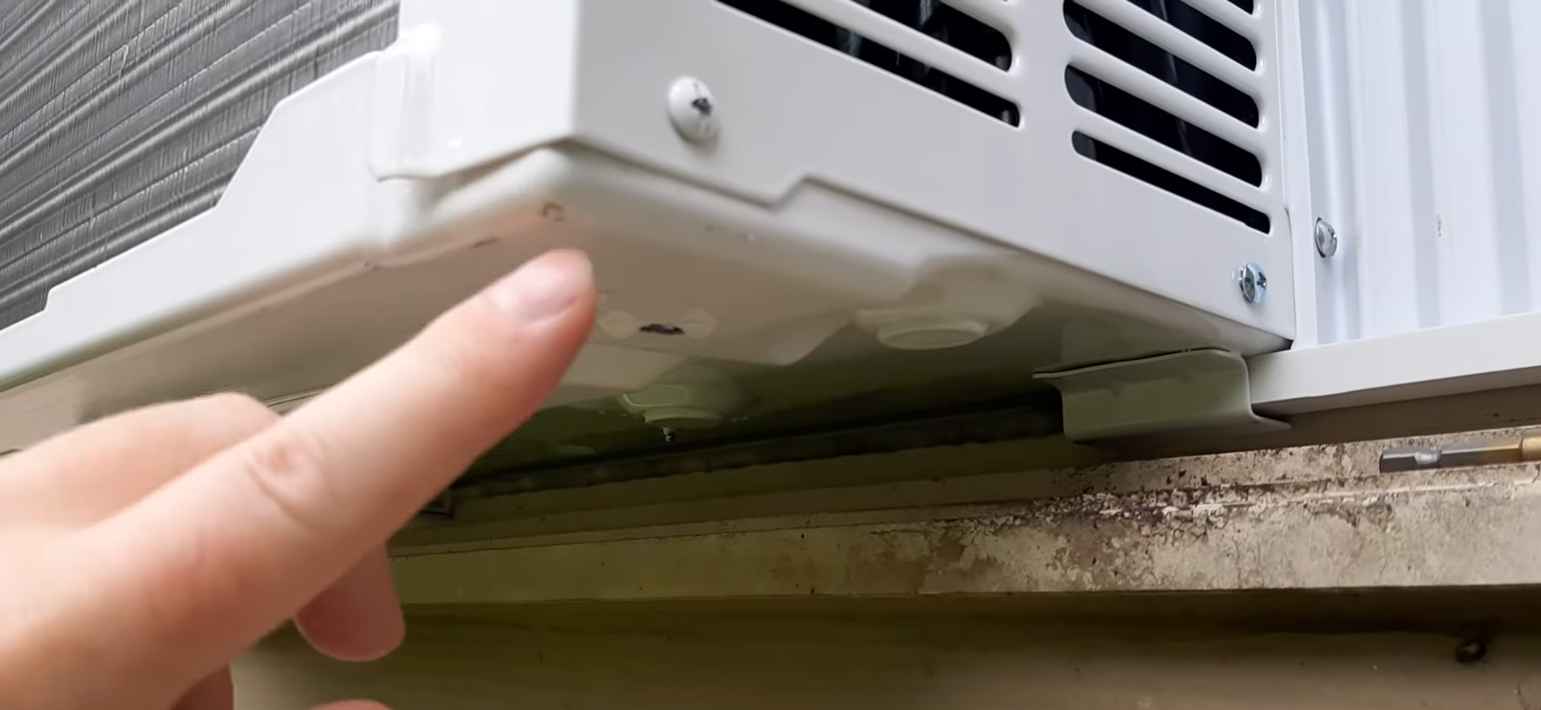
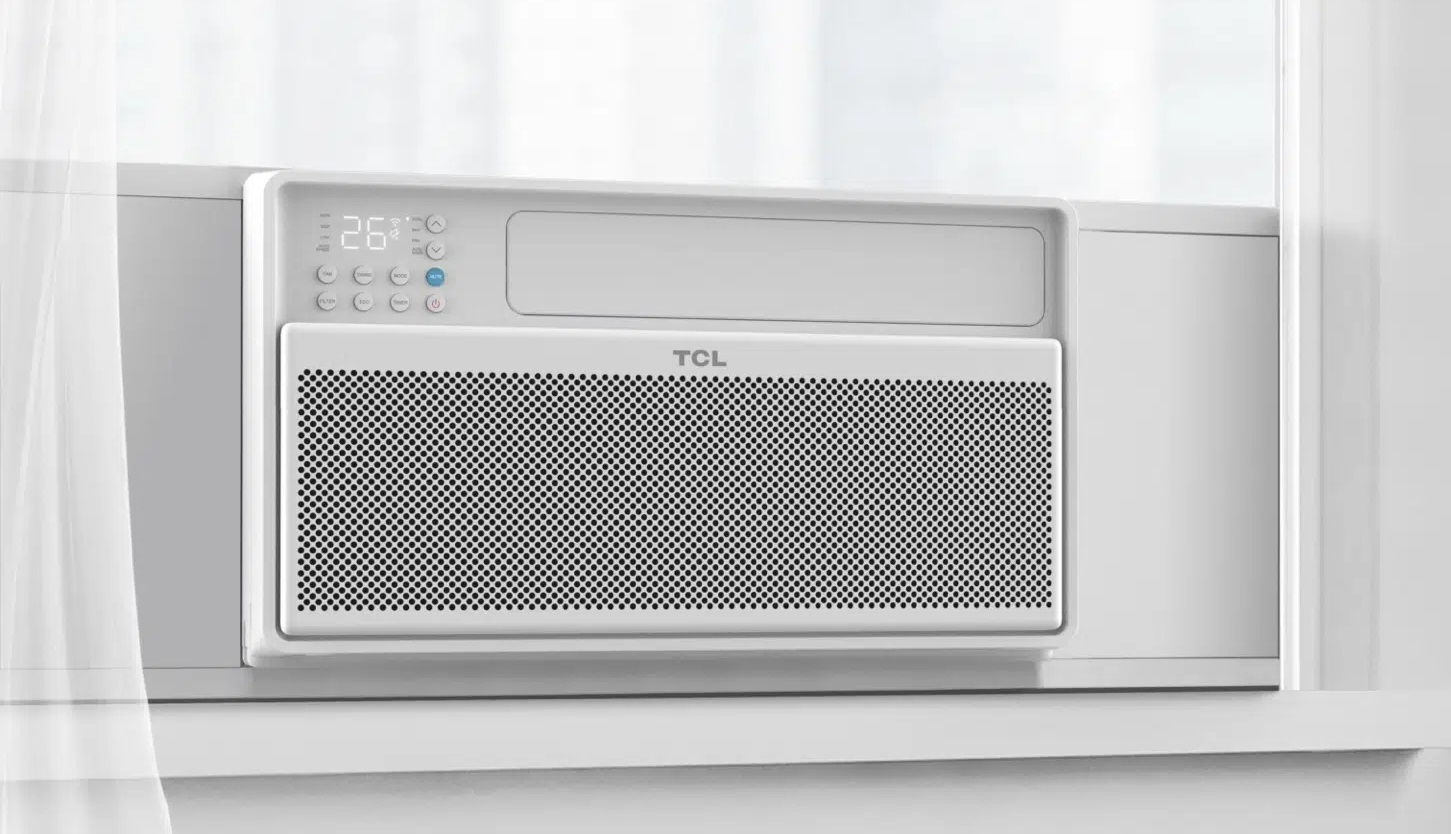
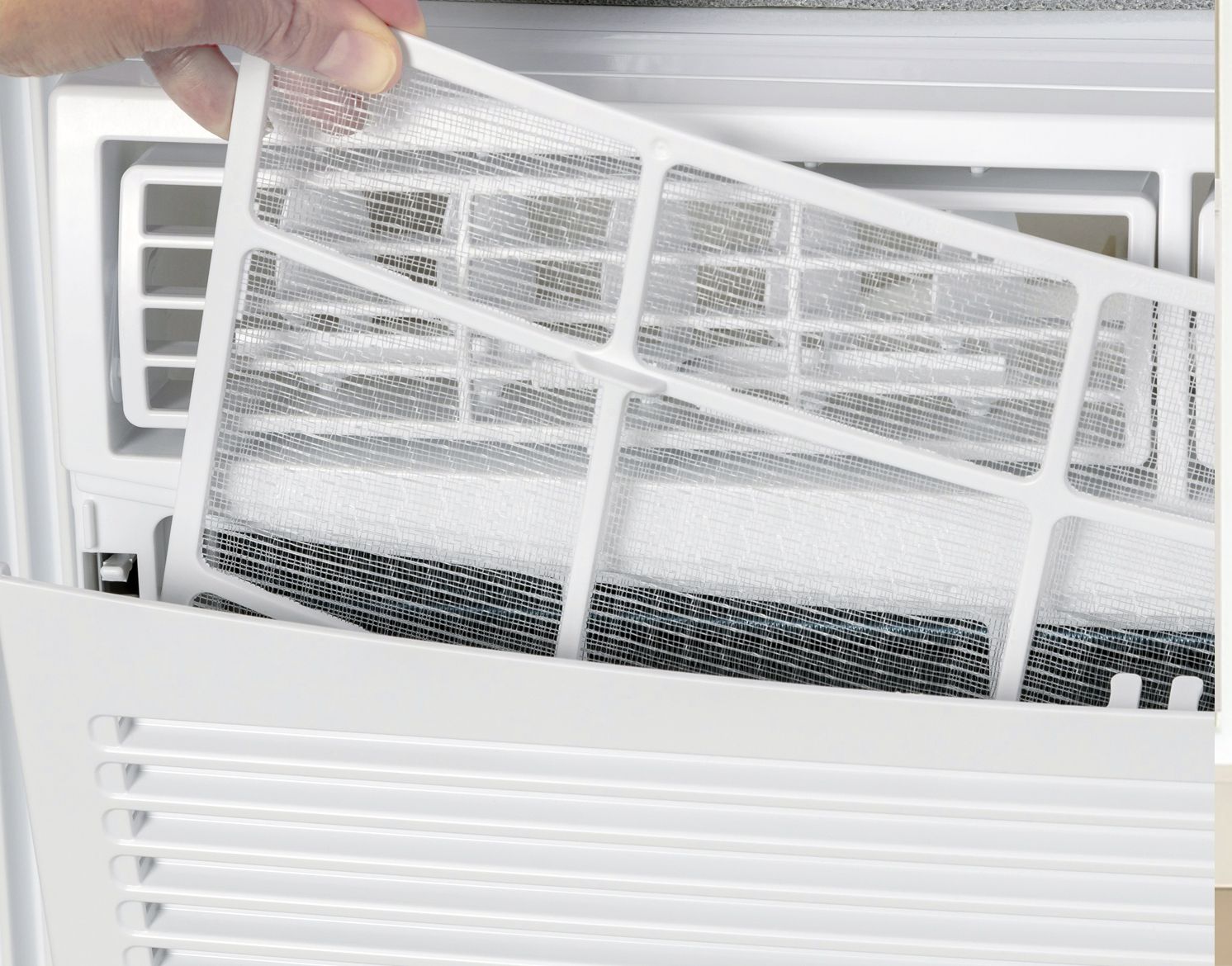
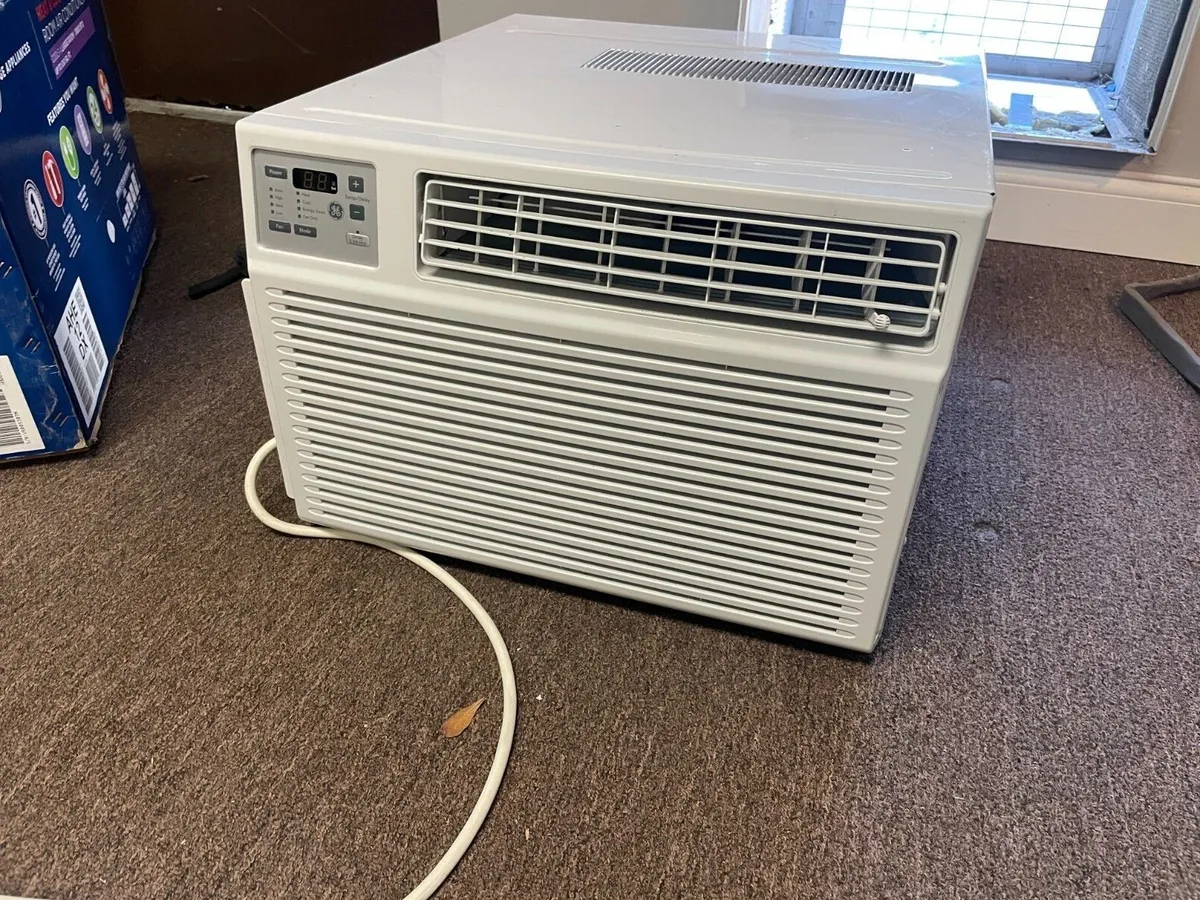
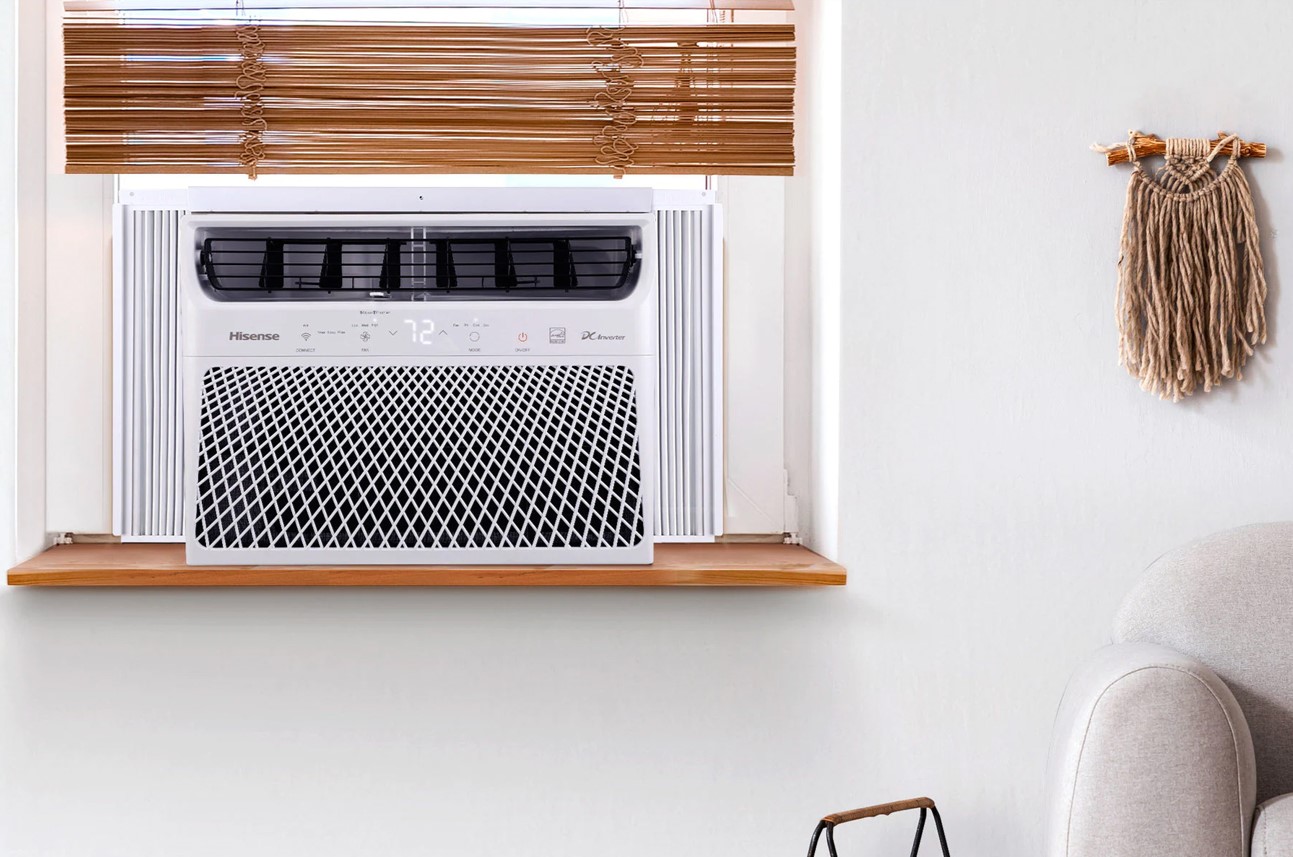
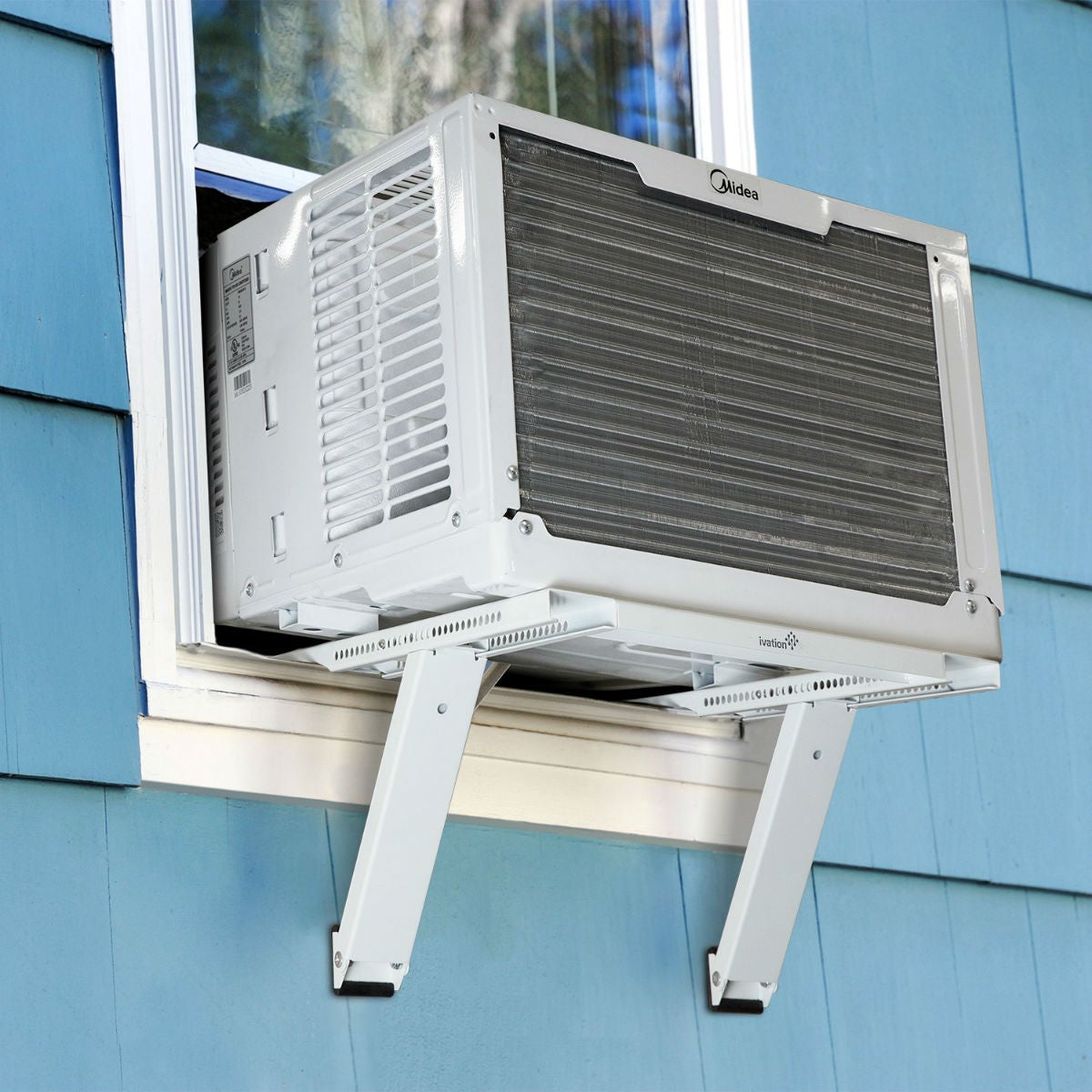
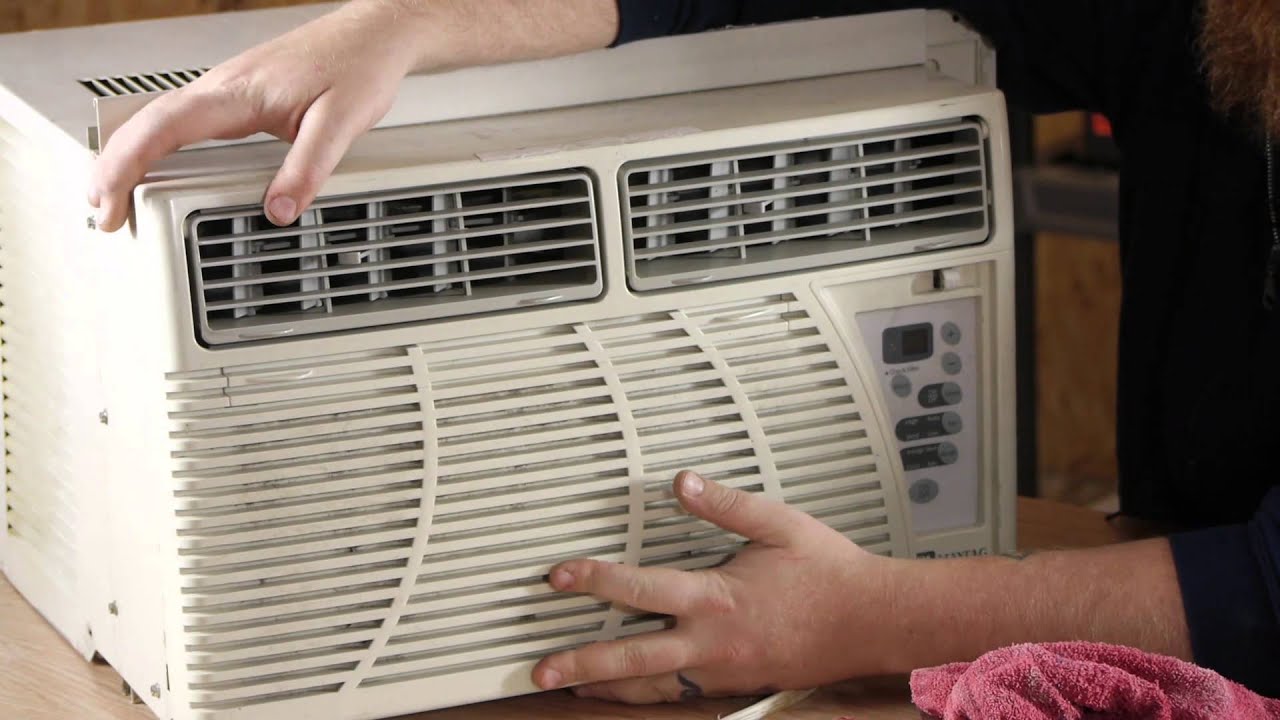

0 thoughts on “How To Store A Window Air Conditioner”